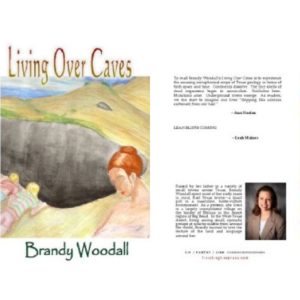spare change is anything but spare. Let me explain. as a collection of visual pillars—half-submerged doric columns whose slippery texture speaks to both past and present as one—spare change offers up towers of the kind of language you can chew on. taste. But the thing about pillars, about towers? While built with longevity in mind, they are subject to disintegration. and so the poems of this text morph and break down, bloom and unmoor you. then re-form in their midsection—in the shape of a heroic crown of sonnets— before shapeshifting again, into fish, the life phases of a tooth, medicinal rain. and through it all: an animal use of animal language, the kind that leans into the hard heart of things: dead brother to daughter to mother to dead brother, and back again.
–Laura Winberry, bell lap
The fierce utterances of spare change are anything but. In poems that dart and turn, on matters as elemental as loss and desire, surfaces are unstable, ironies often lurking at line breaks. In one of the loveliest poems I’ve ever read from mother to daughter, the poet, speaking of her infant, writes
i pared each fingernail as she slept
her rage a thrill
like death
to be held
at length.
Fearless in their desire to arrive at difficult truths, these poems are bracing, generous—and beautiful. You will not forget them.
–Boyer Rickel
Irene Cooper’s debut poetry collection, spare change, is a book that holds at its center the multiplicities of grief (“permission to speak/to the open wound” of a dead brother, a family fractured by alcoholism, abuses of power, even the routine wonder of raising children) inside language that refuses sentimentality and is, instead, experiential. In a world where honesty is surprising (and figuratively, and sometimes literally, death-defying), here is a writer who insists on the truth, demanding that we attend to the turns, the edges, the possible slippages of individual words. It is work and it is worth it. Take heart in this daring. When I read these poems I feel I am in the presence of presence (“to believe/to loiter”) – which is to say the muck of it: love.
–TC Tolbert






Millie Tullis –
Cooper’s poems and forms are constantly surprising, innovative, and stunning. These poems linger long after you’ve finished reading. It is rare, I think, to find a book of poems so hard to set down.